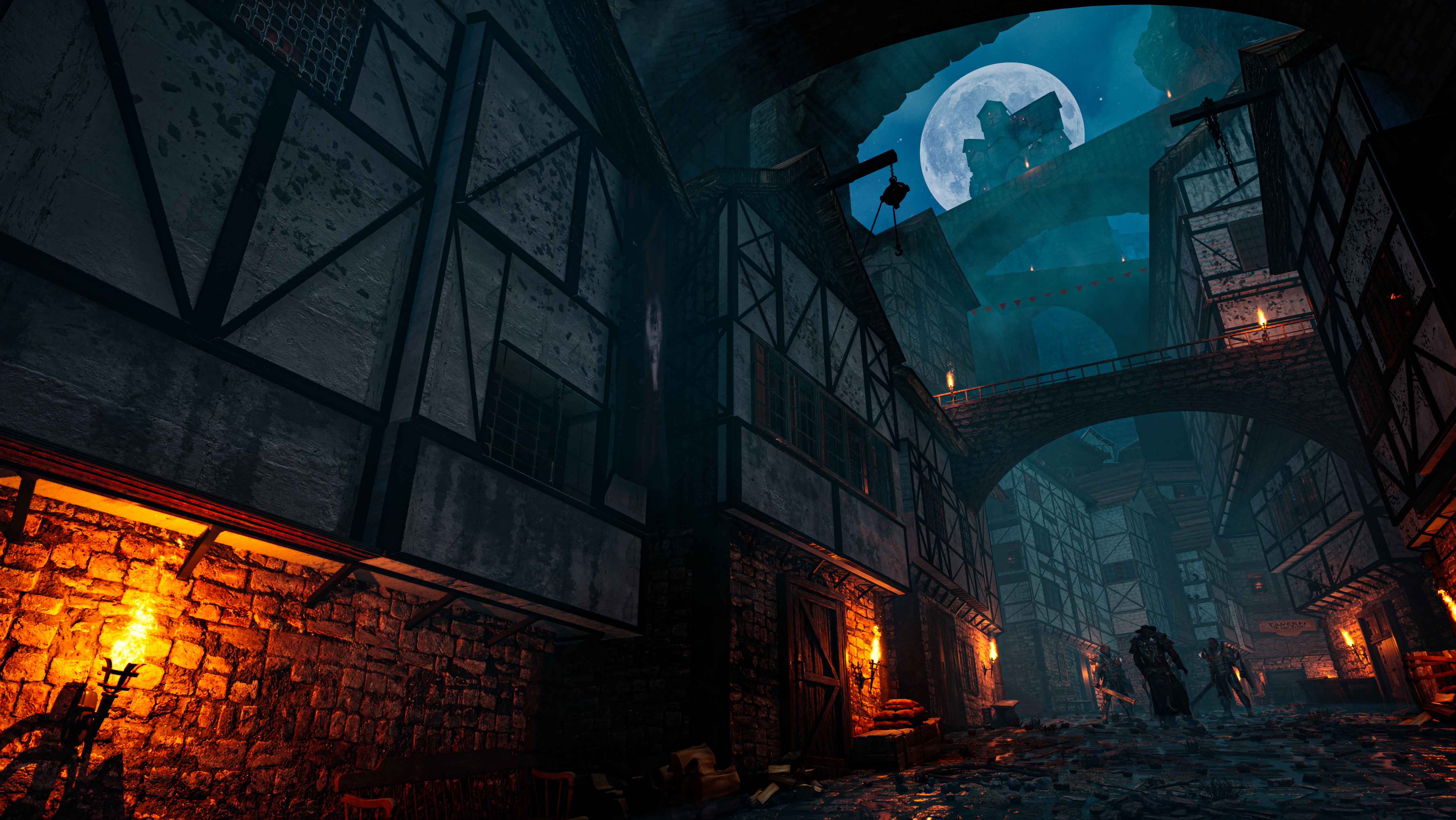Atlas, a 3D generative AI platform, is launching with $6 million in seed funding after two years in stealth. The funding consists of two rounds: a $4.5 million round led by 6th Man Ventures (6MV) and a $1.5 million round led by Collab+Currency. The platform partners with game developers and brands to build virtual worlds in a fraction of the time it takes using traditional methods. Atlas allows developers to generate detailed 3D models from reference images and text.
The Vienna-based startup was founded in early 2021 by Ben James, who is a self-taught coder and has a background in architecture.
“I’ve worked a lot at the intersection of design and technology,” James told TechCrunch in an interview. “I’m a self-taught coder and I thought that there would maybe be an interesting way to look at architecture through the guise of machine vision. 2D drawings like plans and sections and elevations are inherently embedded with three dimensional information through line weights, annotations, etc. And what we started playing around with at Atlas was if there was a way to connect machine vision learning information from 2D imagery, and bringing that into the 3D world.”
Early on, Atlas received a research grant from the European Union’s High-Level Expert Group on AI and built its technology in accordance with the union’s Ethical Guidelines for Trustworthy Artificial Intelligence.

Image Credits: Atlas
Atlas’ proprietary software was built in-house by a team with expertise in AI, gaming and design. The startup aims to create a tech stack that serves as a collaborative design partner by streamlining workflows for designers and creators. Atlas says past projects have seen a 200x increase speed.
Current partners include Consortium 9, as well as partners-turned-investors Shrapnel and Square Enix. The company is also working with small and indie game developers. Using custom-built 3D generative AI engines, partners can generate virtual worlds, creative assets and designs that are consistent with existing IP and ready to be deployed anywhere.
“One of the things that I think we’ve done pretty effectively is we’ve worked with some really high-profile game developers to help build out large virtual worlds, but where we see a tremendous need for this type of technology is to help smaller indie game developers create these worlds, games that would be impossible to create otherwise,” James said. “So constantly evolving and changing maps, adding elements of user-generated content that is stylistically consistent into these gameplay mechanics. Generally speaking, the kind of overriding principle that we follow is that we think that games are becoming platforms, but more specific to us, we think creation is becoming part of the gameplay and so that’s where we try to target Atlas’ technology.”
Although Atlas is currently only available for enterprise and commercial use, the startup plans to begin alpha testing for a public platform in the coming months. The platform, which is going to be targeted at small and indie developers, will allow anyone to upload reference images and indicators of their specific game style and aesthetic, and then get back a fine-tuned AI model that allows them to generate within that style.
As for the startup’s business model, James says Atlas is going to stick to a standard license-based model.

Image Credits: Atlas
As for the funding, the startup plans to use it to accelerate the expansion of its suite of developer solutions and the buildout of its self-service 3D AI creator platform. The funding rounds included participation from the a16z Scouting Fund via Shrapnel, Contango, Gaingels, GFR Fund, New Renaissance Ventures, Square Enix and Wagmi Ventures.
James says it’s great to work with game developers to help facilitate their building of their virtual worlds, but in the future, Atlas also hopes to tap into next-gen content creators to help them bring their visions to life.
“As we build out our tech stack, and we add more and more technology, I think what we’re really excited about is to tap into these next-gen content creators,” James said. “The individual person who doesn’t have any 3D modeling experience, who doesn’t have any coding experience, but who has this amazing vision for a virtual world and experience. We would enable them to create that because we wouldn’t require you to know how to code or 3D model. It’s more about just using the experience that you have, whether that’s text-based or image-based, to create massive amounts of interesting, diverse content.”
James believes that once Atlas has built out the right tech stack to facilitate such instances, it will open up a lot of new possibilities.
